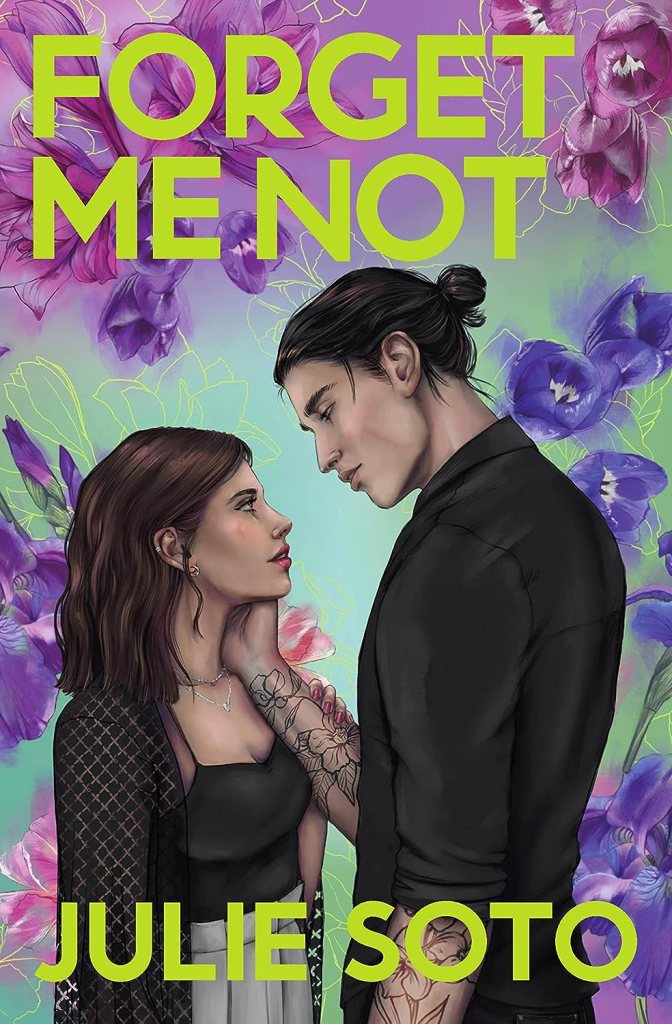Fly Away is an intense romance by Kristin Hannah with the expected character development that makes Hannah a go-to author. Hannah weaves the human experiences of grief, hope, expectation, obligation, and more into a fantastic tale of love. Not only romantic love, but also a mother’s love, and the love between best friends. Fly Away is also about the promises we keep and the ones we can’t.

In addition to Fly Away, Hannah is the author of Firefly Lane, now a Netflix series. Published in 2013 by St. Martin’s Press, Fly Away is among many titles by Hannah. Find her on Facebook or at kristinhannah.com.
I haven’t read them all, but books by Hannah I haven’t read are on my TBR list. I love her writing, her characterization that makes me care, and her descriptions. Her plotting, twists, and turns keep me reading. I can’t comment on Hannah without pointing out the beautiful covers for most of her books, including the cover for Fly Away.
In this blog, I offer a different type of book review — one that’s combined with vocabulary building. The definitions here are for just a few words from Fly Away that I found interesting, unfamiliar, or unusual in use:
grief: noun 1. Deep sorrow, especially that caused by someone’s death. 2. Informal trouble or annoyance.
From Fly Away:
“Grief is a sneaky thing, always coming and going like some guest you didn’t invite and can’t turn away.”
AND
“Johnny closed his eyes. He’d worked so hard in the past few years to move past grief and fashion a new life for his family. He didn’t want to remember that terrible year, but how could he not—especially now?”
flotsam: noun. (Anglo-French flotesom, from Old French floter to float. Of Germanic origin: akin to Old English flotian to float, float ship) (circa 1607) 1. Floating wreckage of a ship or its cargo; broadly: floating debris. 2. a: a floating population (as of emigrants or castaways) b: an accumulation of miscellaneous or unimportant stuff.
From Fly Away:
“When she’d introduced him to her best friend, Kate Mularkey, who’d seemed paler and quieter, a bit of flotsam riding the crest of Tully’s wave, he’d barely noticed. It wasn’t until years later, when Katie dared to kiss him, that Johnny saw his future in a woman’s eyes.”
papasan chair: noun. a bowl-shaped cushioned chair often with a rattan base.
From Fly Away:
“His father-in-law, Bud, sat in the big papasan chair that easily held both boys when they played video games, and Sean, Kate’s younger brother, lay asleep on Will’s bed.”
de rigueur: adjective. (French)(1833) prescribed or required by fashion, etiquette, or custom: proper
From Fly Away:
“Her voice had that brittle sharpness that had become de rigueur since puberty. He sighed; even grief, it seemed, hadn’t softened his daughter. If anything, it had made her angrier.”
Definitions are typically from the dictionary that comes with my Mac or Merriam Webster.
“The word is only a representation of the meaning; even at its best, writing almost always falls short of full meaning. Given that, why in God’s name would you want to make things worse by choosing a word which is only cousin to the one you really wanted to use?” ― Stephen King, On Writing: A Memoir of the Craft.

